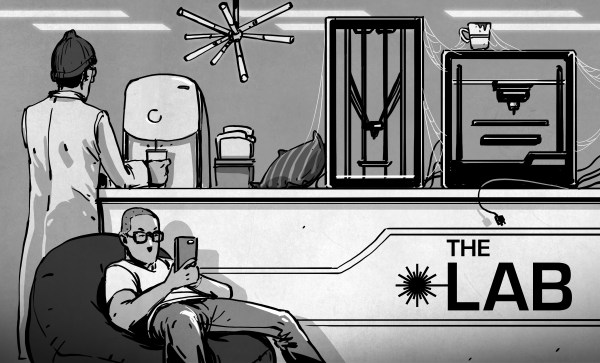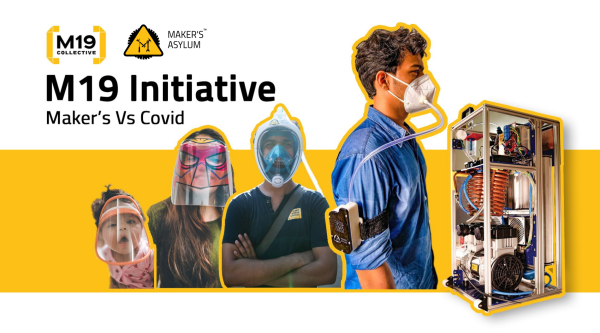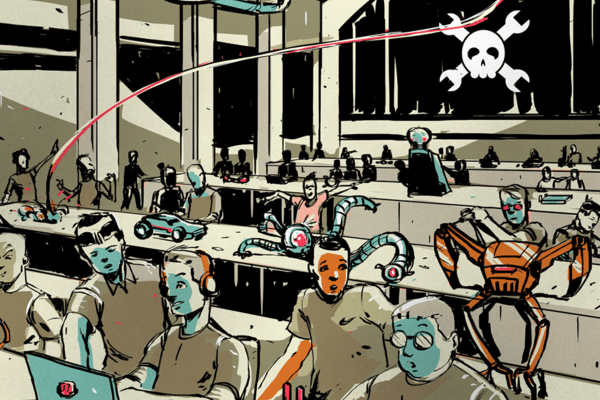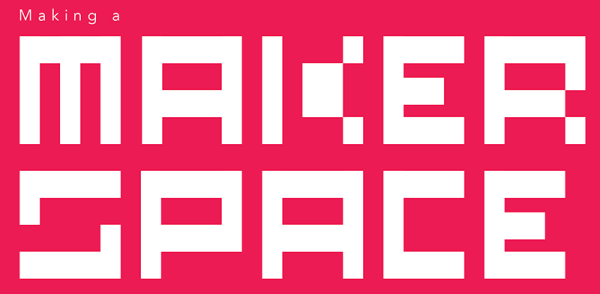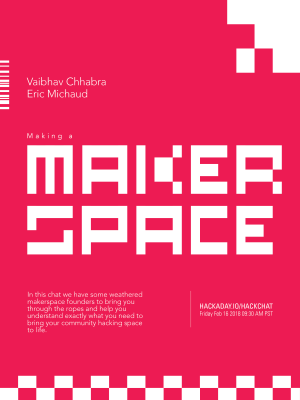If I could name one thing which has been the most transformative for our community over the last couple of decades, it would have to be the proliferation of hackerspaces. Ostensibly a place which provides access to tools and machinery, these organisations have become so much more. They bring together like-minded people, and from such a meeting of minds have come a plethora of high quality projects, events, and other good things.
Just What Is A Hackerspace?
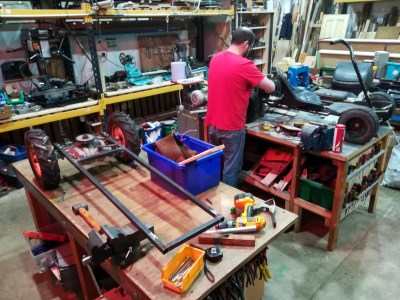
Hackerspaces loosely come in many forms, from co-working spaces or libraries who have invested in a 3D printer and imagine themselves to be a hackerspace, through to anarchist collectives in abandoned warehouses who support their city’s alternative communities with technology. For me, hackerspaces must be community organisations rather than for-profit ones, so for the purposes of this article I’m not referring to closely-allied commercial spaces such as FabLabs.
So a good hackerspace for me is a group of tech enthusiasts who’ve come together, probably formed a non-profit association, and rented a dilapidated basement or industrial unit somewhere. The tools and machines inside aren’t shiny and new but they mostly work, and round that fridge stocked with Club-Mate you’ll find a community of friends, people who don’t think it’s odd to always want to know how things work. In a good hackerspace you’ll have found your place, and you can be much more than you would have been alone.
I visit plenty of hackerspaces across Europe as I wander the continent on an Interrail pass. I’m a member of three of them at the moment, though my main home in the UK is at Milton Keynes Makerspace. I’ve sat on recycled sofas drinking caffeinated beverages in more cities than I can count, and along the way I’ve seen close-up the many different ways a hackerspace can be run. I’ve seen spaces falling apart at the seams, I’ve seen ones a little too regimented for my taste, and others with too much of an emphasis on radical ideology, but mostly I’ve seen spaces that get it about right and I feel at home in. So perhaps it’s time to sit down and talk about what I think makes a good hackerspace. What is my space?


